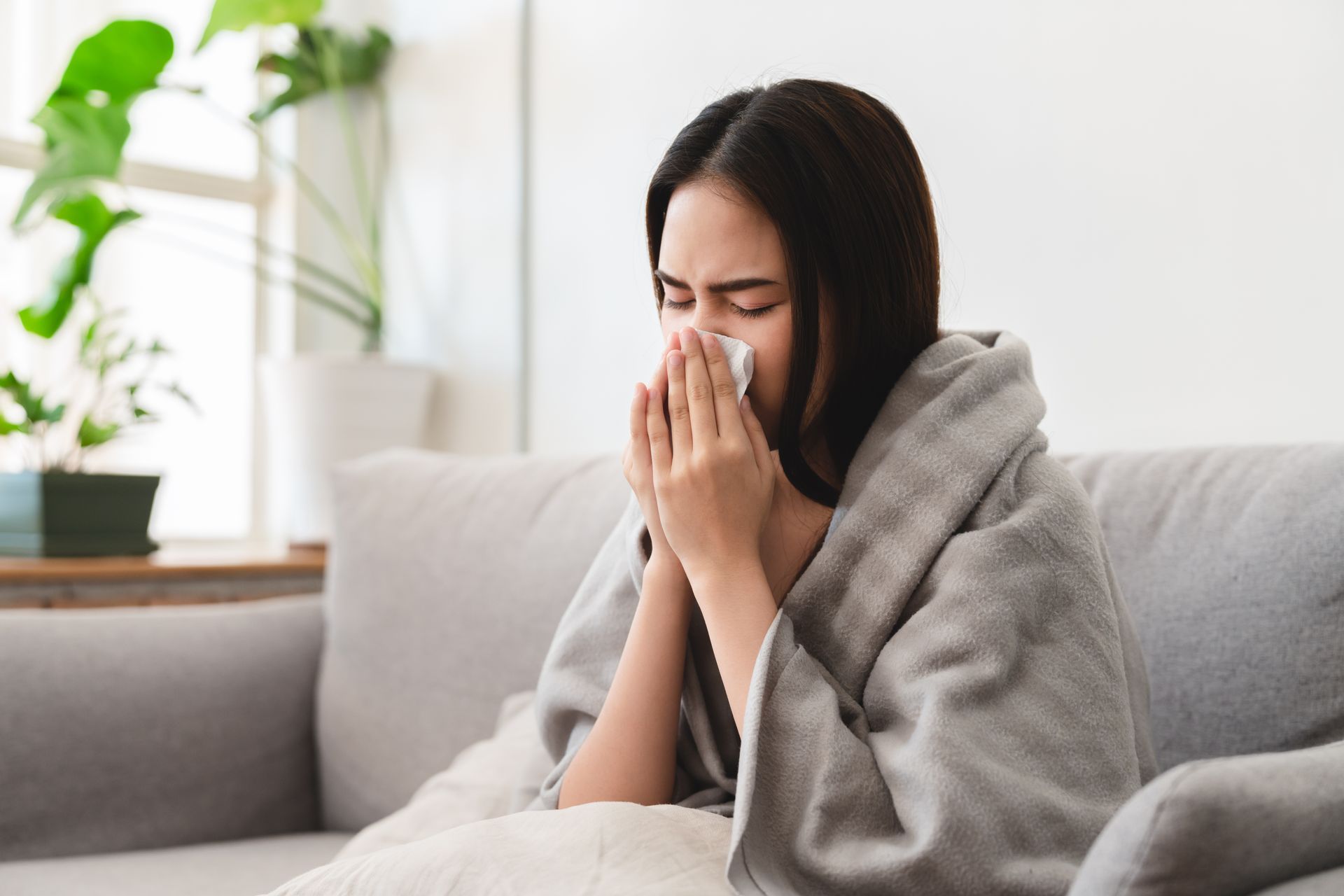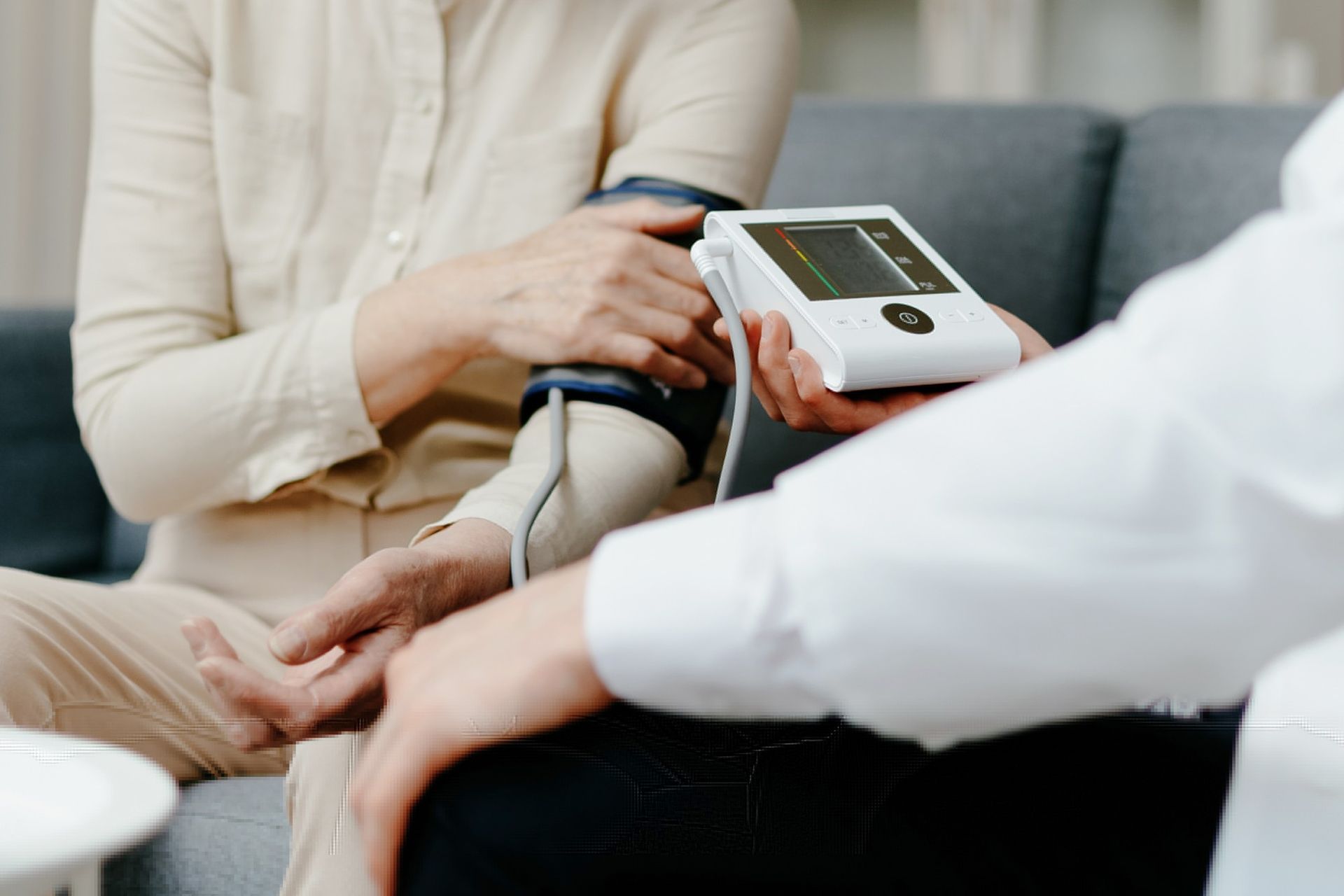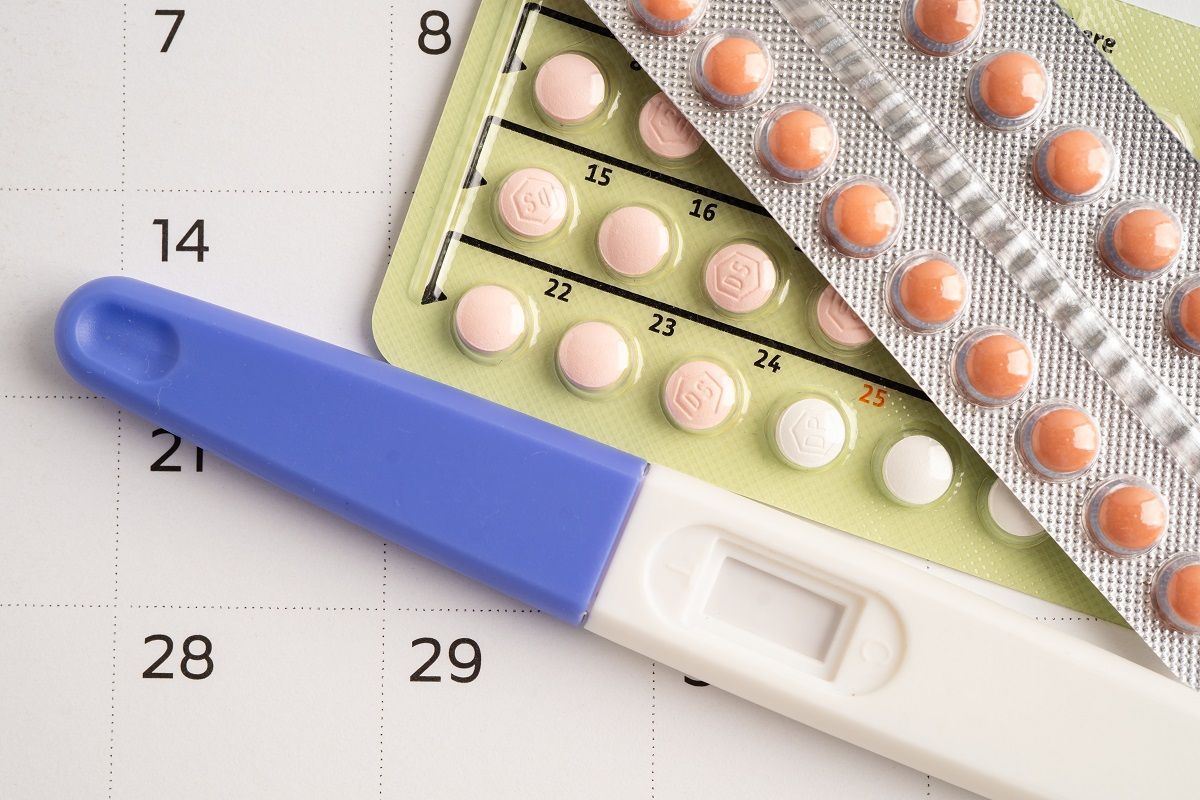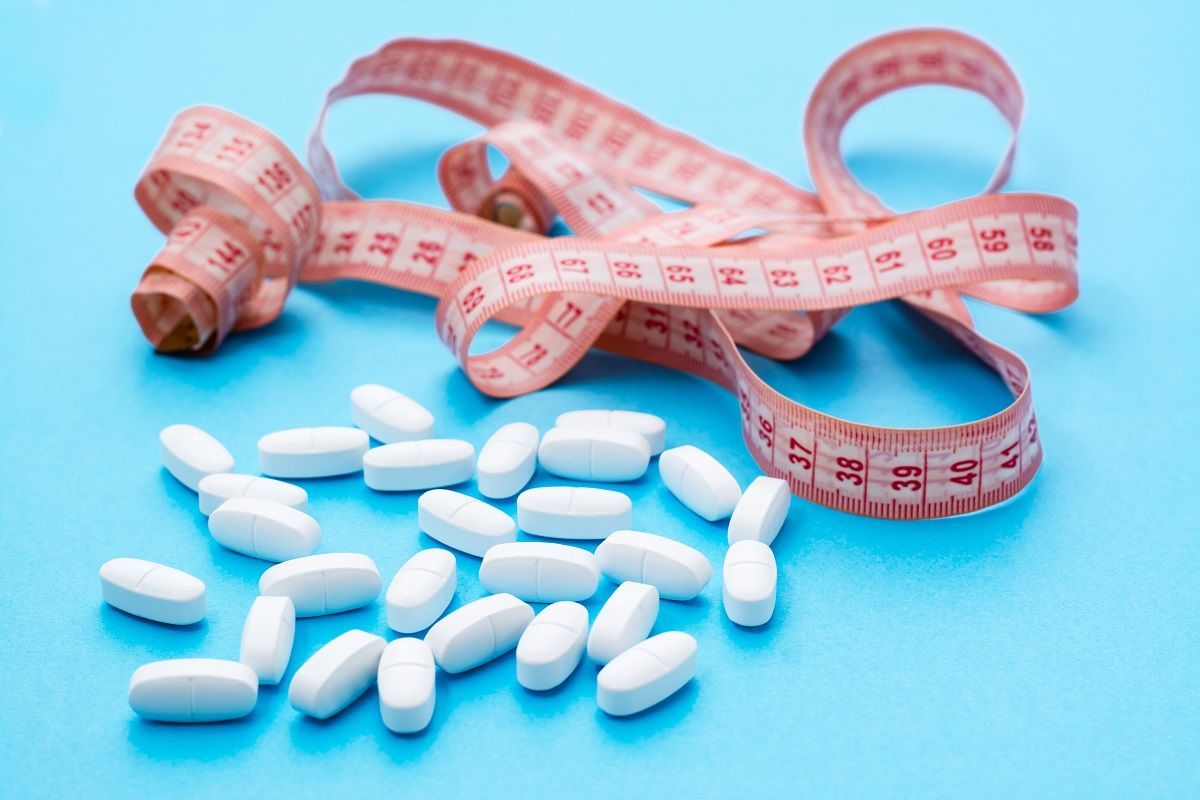The Most Important Health Screenings for Men Right Now

Scheduling a health screening is the best decision a man can make for his body. These standard health tests are done to find possible diseases in men who do not exhibit any symptoms. The goal is to diagnose a condition, so a treatment plan and lifestyle changes can be made as early as possible.
These
health screenings are done based on your age and several other factors.
Blood Pressure Screenings
Blood pressure screenings are essential when it comes to tests in men.
The blood pressure readings give out two numbers. The first (top) number is systolic, which measures the blood flow pressure in the arteries when the heart beats. The second (bottom) number is the diastolic, or the measurement of pressure when your heart rests between beats.
The normal blood pressure is less than 120, over 80 or less. You are considered hypertension stage 1 when your blood pressure reading is between 130-139 for the systolic and 80-89 for diastolic. You are in hypertension stage 2 when your systolic reading is over 140 and the diastolic is over 90.
Changing your diet and having an active lifestyle can help you avoid hypertension.
Lung Cancer Screening
Lung cancer is one of the top causes of death in America. Most patients with lung cancer are due to smoking. However, some people are exposed to secondhand smoke for a long time which can also cause the disease.
When having a lung cancer screening, a low-dose CT scan that will take images of your lungs will be ordered by your doctor. The low-dose CT scan is recommended if you are a heavy smoker and have smoked one pack per day for the last thirty years or two packs for the past fifteen years.
Prostate Cancer Screening
Prostate cancer is another common type of cancer in America. It is slow-growing cancer though some stages are more aggressive.
Part of the male checkup is
prostate cancer screening. The screenings for prostate are a digital rectal exam and PSA blood test.
The American Cancer Society recommends that average men start discussing with their doctors the recommended screening when they reach 50 years of age. Men with a family history of prostate cancer should start the screening when they get 40.
Colorectal Cancer Screenings
Detecting polyps often found in the colorectal area can reduce cancer risk. For most men, the screening starts at the age of fifty; however, your doctor may recommend early screening for those at a higher risk.
Doctors use a sigmoidoscopy to check only the lower part of the colon, while others prefer the colonoscopy to see the entire colon to check if there is a colon polyp.
Cholesterol Screenings
Excessive amounts of LDL cholesterol or bad cholesterol can lead to plaque build-up in the arteries. The presence of bad cholesterol can cause strokes and heart attacks. Changes in lifestyle, as well as medications, can lower LDL cholesterol.
To receive a cholesterol screening, your doctor may require you to fast a few hours before taking the test.
Blood Glucose Screenings
Men who are 45 years of age should do screenings for blood glucose.
High glucose puts you at an increased risk of developing type 2 diabetes.
Aside from the regular blood glucose tests, your health care provider may also recommend taking HbA1c screenings. HbA1c is a blood test measuring the average glucose level in your blood for the past three months.
If your glucose level is high, your doctor will prescribe medications and ask that you lead a healthier lifestyle.
Screening for Glaucoma
Glaucoma is a severe eye disease that damages the optic nerve and may cause blindness if not treated. The screening test aims to treat glaucoma before it leads to optic nerve damage.
If you are forty years of age and younger, your doctor may recommend taking a screening test for glaucoma every 2-4 years. You can take the glaucoma screening every 1-3 years when you reach the age of 40-54 years old.
Skin Cancer Screening
The cases of melanoma in men have doubled in recent years. Currently, melanoma is the fifth most common type of cancer in men.
As part of your screening for skin cancer, your doctor will check your skin thoroughly. Your doctor will also ask if you observe something abnormal on your skin, particularly in your moles.
Before the skin cancer tests, it is recommended that you check your skin every month.
Check your moles with the ABCDEs of melanoma:
- Asymmetry: Check if your moles are cut in halves vertically. See if the two halves are not the same size.
- Border: See if the edges of your moles are irregular in shape.
- Color: Examine if the mole has changed its color.
- Diameter: Look at the size of the mole. If the scope has changed or become enlarged to more than 5mm.
- Everything: If your mole becomes itchy or begins to bleed.
Report to your doctor any changes that you observed in your moles. Check for sores that take longer to heal.
Melanoma is curable if it is detected early.
HIV Screening Tests
Many individuals do not know that they have
HIV. A series of blood tests can diagnose if you have HIV. The first test is ELISA, which looks for HIV in your blood. Another test is required to confirm the results.
If you think you were exposed to HIV infection, you may ask your doctor about it. If the result shows that you are positive, discuss with your doctor the treatment plans and how to avoid transmitting the disease.
Take Your Screening Tests at Houston Family Practice
Our specialists at
Houston Family Practice can help you with your screening tests. Contact us at
713-520-6016 today and schedule your next consultation.











